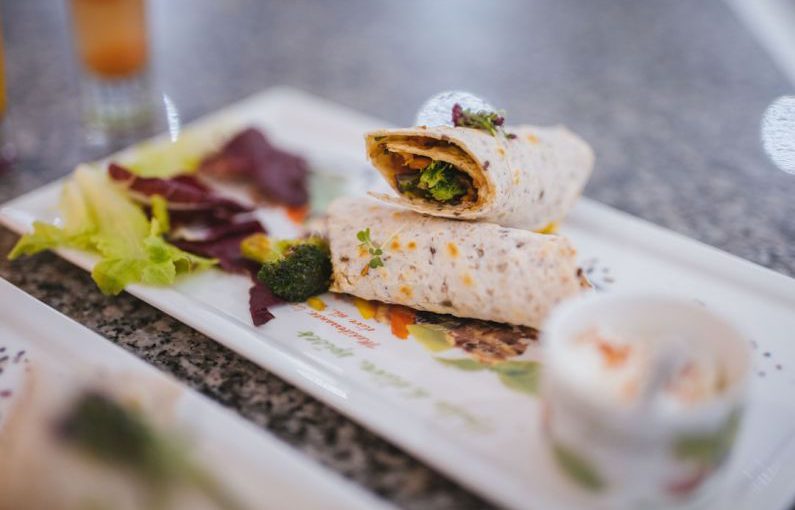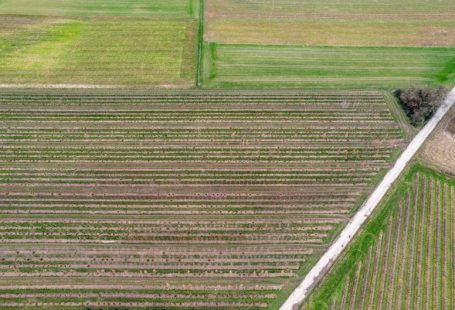When it comes to vegetarian cuisine, many people envision plates filled with mundane salads and lackluster side dishes. However, the reality is that vegetarian cuisine offers a vast array of flavors, textures, and culinary experiences that go far beyond just salads. From hearty main courses to delectable desserts, vegetarian cooking has evolved into a sophisticated and diverse culinary art form that can delight even the most discerning palates.
Exploring Vegetarian Cuisine: A World of Possibilities
Vegetarian cuisine is not just about avoiding meat; it is about celebrating the abundance of plant-based ingredients and creating dishes that are not only nutritious but also delicious. By focusing on fresh fruits, vegetables, whole grains, legumes, nuts, and seeds, vegetarian chefs have discovered innovative ways to elevate these ingredients into gastronomic masterpieces that can rival any meat-based dish.
Diverse Flavors and Textures
One of the most compelling aspects of vegetarian cuisine is its ability to offer a wide range of flavors and textures. From the umami-rich taste of mushrooms to the hearty chewiness of lentils, vegetarian dishes can be just as satisfying and fulfilling as their meat-based counterparts. By incorporating a variety of herbs, spices, and seasonings, vegetarian chefs can create dishes that are bold, complex, and bursting with flavor.
Global Influence and Inspiration
Another reason why vegetarian cuisine is more than just salads is its global influence and inspiration. Vegetarian cooking draws from a rich tapestry of culinary traditions from around the world, including Indian curries, Middle Eastern mezze, and Asian stir-fries. By incorporating ingredients and techniques from different cultures, vegetarian chefs can create dishes that are both familiar and exotic, offering a truly diverse and multicultural dining experience.
Plant-Based Proteins and Nutrients
Contrary to popular belief, vegetarian cuisine can be a rich source of protein and nutrients. Ingredients such as tofu, tempeh, legumes, quinoa, and nuts are not only packed with protein but also contain essential vitamins, minerals, and antioxidants. By incorporating a variety of plant-based proteins into their dishes, vegetarian chefs can create balanced and satisfying meals that nourish the body and support overall health and well-being.
Creative Culinary Techniques
Vegetarian cuisine is also a playground for creative culinary techniques. From spiralizing vegetables to create pasta alternatives to using aquafaba as an egg replacement in baking, vegetarian chefs are constantly pushing the boundaries of traditional cooking methods to create innovative and unique dishes. By experimenting with different cooking techniques and tools, vegetarian chefs can transform simple ingredients into extraordinary culinary creations that are as visually stunning as they are delicious.
Elevating the Dining Experience
In conclusion, vegetarian cuisine is far more than just salads; it is a vibrant and dynamic culinary world that offers a multitude of flavors, textures, and experiences. By celebrating the diversity of plant-based ingredients, drawing inspiration from global culinary traditions, and incorporating creative techniques, vegetarian chefs have elevated vegetarian cooking to an art form that can delight and impress even the most discerning diners. So, the next time you think of vegetarian cuisine, remember that it is not just about what you are excluding from your plate but about the endless possibilities and culinary adventures that await you in the world of plant-based cooking.





